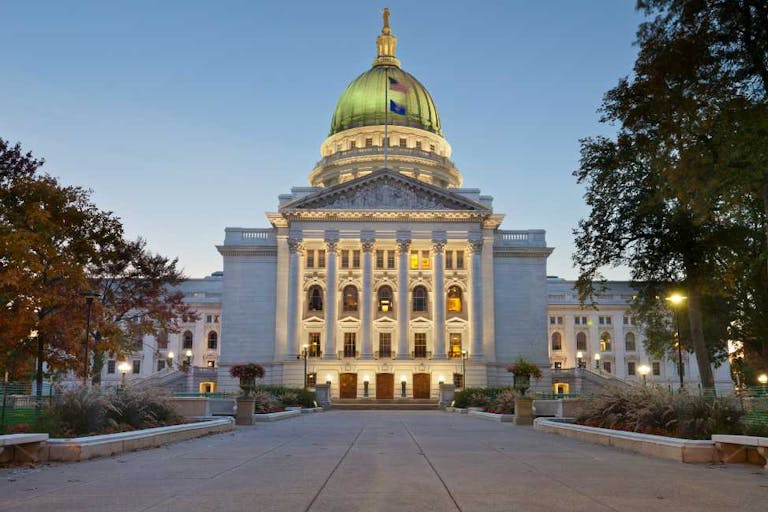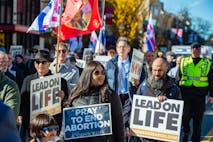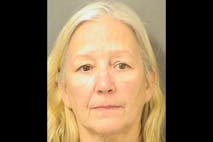
New Jersey governor promoted abortion on Christmas Eve
Cassy Cooke
·
Wisconsin Supreme Court unanimously rules for pro-lifer’s free speech near Planned Parenthood
In a ruling on June 27, the Wisconsin Supreme Court overturned a lower court injunction that had prevented a pro-lifer from coming near a Planned Parenthood nurse to share his convictions.
Brian Aish has been advocating for life outside the Planned Parenthood facility in Blair, Wisconsin since 2014. According to Thomas More Society, Aish “preached the Christian message of repentance and shared his pro-life views on the public right of way.” In 2020, a Planned Parenthood nurse, Nancy Kindschy, filed a restraining order against Aish; that same year a county judge granted an injunction against him, which was upheld in 2022 by a state appeals court on the grounds that the nurse found Aish’s message “threatening.” Aish’s messages to Kindschy were calls urging her to give up her job working for the abortion business, including “turn to Christ and repent,” because “you could get killed by a drunk driver tonight.”
In its unanimous ruling, the state’s Supreme Court overturned the injunction, noting that it “violates the First Amendment,” and “the injunction is a content-based restriction on Aish’s speech and that it fails to satisfy strict scrutiny.”
In a concurring opinion, Justice Rebecca Bradley noted that the court “never deemed Aish’s statements true threats, and no reasonable factfinder could have made such a finding based on the record.”
“An unconstitutional injunction impermissibly infringed Aish’s fundamental First Amendment right to speak freely on ‘a profound moral issue on which Americans hold sharply conflicting views,’” Bradley stated.
Thomas More Society Executive Vice President and Managing Counsel Joan Mannix stated, “We are very pleased that the Wisconsin Supreme Court vindicated Brian Aish’s free speech rights and restored his ability to continue sharing his pro-life message.”
“Importantly, the Wisconsin Supreme Court’s decision was unanimous. It reaffirms that the First Amendment embodies a paramount American value of protecting free speech, even if the viewpoint expressed may be unpopular or controversial—a value that transcends partisan divides,” Mannix added. “The First Amendment, as Justice Rebecca Bradley wrote in her concurrence, ‘is a bulwark against the weaponization of the justice system to squelch or even criminalize disfavored political voices.’”
Live Action News is pro-life news and commentary from a pro-life perspective.
Contact editor@liveaction.org for questions, corrections, or if you are seeking permission to reprint any Live Action News content.
Guest Articles: To submit a guest article to Live Action News, email editor@liveaction.org with an attached Word document of 800-1000 words. Please also attach any photos relevant to your submission if applicable. If your submission is accepted for publication, you will be notified within three weeks. Guest articles are not compensated (see our Open License Agreement). Thank you for your interest in Live Action News!

Cassy Cooke
·
Activism
Cassy Cooke
·
Politics
Bridget Sielicki
·
Issues
Nancy Flanders
·
Issues
Bridget Sielicki
·
Issues
Angeline Tan
·
Human Interest
Bridget Sielicki
·
International
Bridget Sielicki
·
Politics
Bridget Sielicki
·
Politics
Bridget Sielicki
·
Human Interest
Bridget Sielicki
·